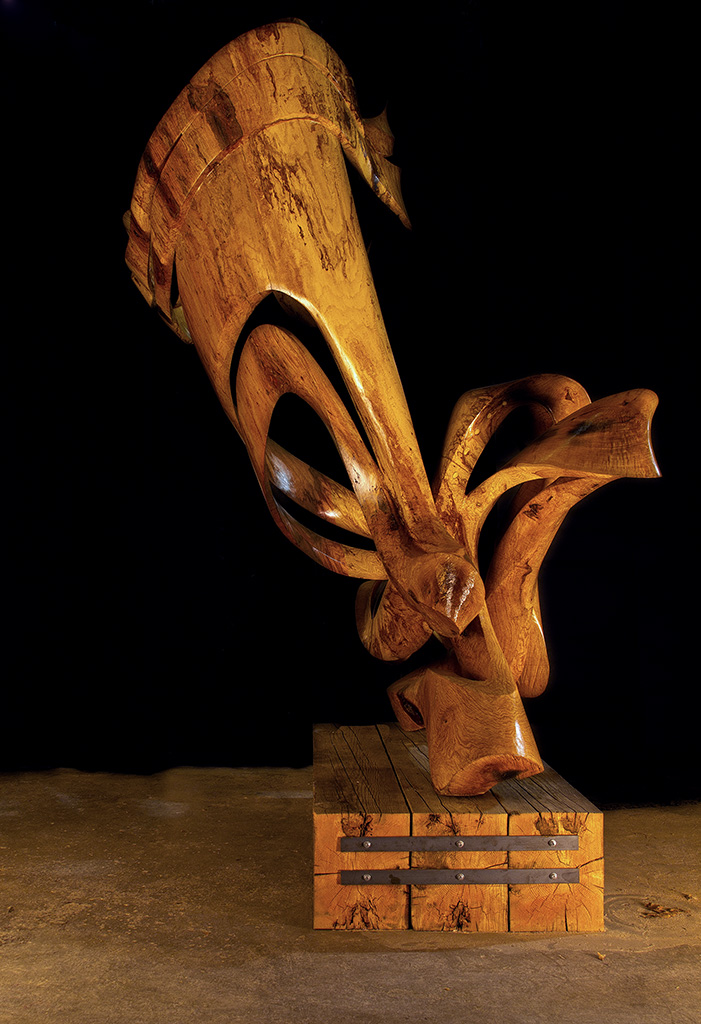About us
Table of Contents
Mission Statement
To highlight, celebrate, and cultivate Carleton’s expertise, leadership and collaboration with the community to create greater accessibility and a more inclusive world.
Mandate
- Position Carleton University as a leading postsecondary institution in the emerging field of accessibility.
- Support increased program emphasis and facilitate academic programming, course offerings, and training expertise in accessibility, disabilities, and inclusion.
- Advance research to inform applied development and design in accessibility across disciplines and sectors.
- Mobilize a community of researchers in accessibility, within and beyond Carleton University.
- Engage students and faculty at Carleton with persons with disabilities and the broader community locally, nationally and globally.
Purpose
Accessibility Institute is a key unit for accessibility leadership at Carleton University and is aligned with the university’s vision and the Strategic Integrated Plan.
Accessibility Institute operates as an internal unit of Carleton University, subject to all the university’s relevant policies, procedures and requirements. The activities of the Institute are supported by the Office of the Vice-Presidents Students & Engagement, Research & International, and the Provost and VP Academic.
Accessibility Institute emerged out of the READ Initiative (Research, Education, Accessibility, and Design), established in 2012 as a proof-of-concept initiative for interdisciplinary and action-oriented work to advance accessibility in Canada.
History
In 2011, a small group of Carleton faculty and staff received approval from senior management through a Carleton Innovation Forum grant, to explore the concept of a centre or institute dedicated to Research, Education, Accessibility and Design. Dean Mellway and Larry McCloskey, from the Paul Menton Centre, led a group that organized a public forum in October 2011, where Carleton presented the READ concept to the community while recognizing the contribution of Rick Hansen to the accessibility movement during the 25th Anniversary of his Man in Motion World Tour. David Fels’ sculpture, “Sailing Through Time”, was unveiled at the event in recognition of Rick’s contribution and Carleton’s ongoing commitment to accessibility. The flowing form of the sculpture inspired the stylized logo of the READ Initiative. In June 2012, Hon. David Onley announced the creation of the READ Initiative under the leadership of Dean Mellway as its founding Director.
The mission of Carleton’s READ Initiative was to highlight, celebrate, and cultivate Carleton’s expertise, leadership and engagement with the community to create greater accessibility and a more inclusive world. READ was funded jointly by the Faculty of Engineering and Design and the Paul Menton Centre for students with disabilities. It was supported by the Advisory Board that included representation from every faculty at Carleton as well as staff, student and community representatives. In 2018, a proposal for the establishment of the READ Initiative as a university unit with permanent staff was approved by Carleton University’s senior leadership, and was mandated with the development of a centre of excellence in accessibility. At the same time, Carleton University received funding for what became the David C. Onley Initiative or DCOI, the first major project to be led by READ which formed the foundation of its future team.
Since its inception, the READ Initiative progressively advanced accessibility at Carleton University and beyond. Its dedicated people and the University’s support helped propel READ into a leading hub for accessibility research, development, training, and community engagement. Since then, READ has been leading the development and implementation of the Coordinated Accessibility Strategy, the establishing of the Canadian Accessibility Network, and has attracted millions in external grants in collaboration with its allies and partners. At the 10-year anniversary of the READ Initiative, it became Accessibility Institute in recognition of its achievements, growth, impact, and the future potential to be a leading organization in the emerging field of Accessibility.
